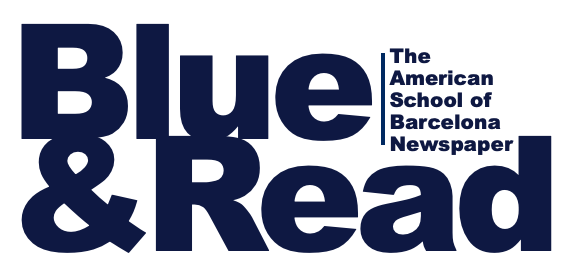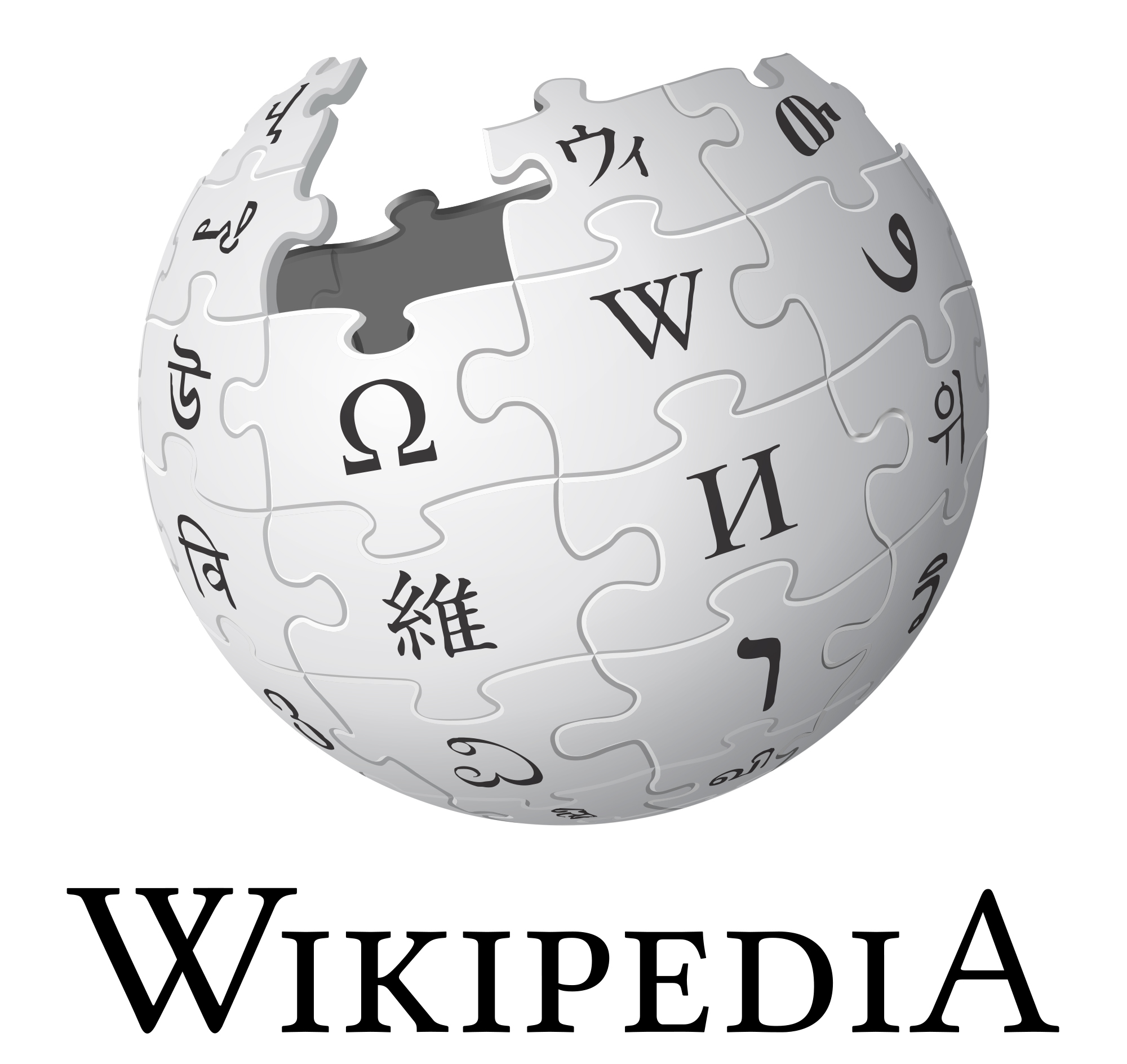As Halloween is approaching soon (it will be here by the time you read this), I thought it would be appropriate to match the season and write about the most scary topic I could imagine. That topic is of course – say it with me:
Wikipedia.
Not what you were expecting? Well, I guess I should be more specific – this article is about the lack of respect that Wikipedia gets, which I find quite scary.
If you have talked to me for longer than five seconds, you must be deeply aware of my passionate relationship with Wikipedia. I think it is possibly the best website. No parentheticals, no qualifying statements, it’s just the best website. I will die on this hill.
Because of my undying admiration for Wikipedia, I find it intensely tragic that it still is considered by many teachers and academics to not be a valid source of information. They say that because it is an open-source website that anyone is allowed to edit, the reliability of information contained within it is poor. They argue that it’s very easily compromised by bad actors who wish to spread misinformation. Not only is this untrue, but Wikipedia often does a better job of avoiding misinformation than most news outlets.
The system that Wikipedia uses is open for everyone to edit, yes. However, there is significant moderation enforced by one of the largest groups of humans dedicated to the preservation of knowledge in the world. Wikipedia editors are some of the most nerdy and pedantic, but also principled and dutiful, individuals on the internet. I can confirm that as one myself. They may have very long arguments about the spelling of “yogurt,” or whether it should be “Hilary Clinton” or “Hilary Rodham Clinton,” but that’s because they care. Sure, there’s a minority group of trolls who damage the website, but they are very quickly and efficiently removed and their edits are reverted. And you know where this is not the case? Almost every other compendium of information!
For far too long have we been fed this false narrative of Wikipedia’s inferiority to other sources of knowledge. I believe that Wikipedia is almost superior to a significant number of other sources like news articles or even academic papers. I think the main factor contributing to the reliability and accuracy of a source is its intersectionality. A good source takes information from a variety of perspectives and compiles as much of that information together as possible. That is exactly what Wikipedia does. It gathers perspectives from literally the entire world and vets them through a series of checks and balances, not enforced by some external governmental body, but through the consensus of just normal people. It’s the closest we can get to a true, direct democracy in our current lobbying and corruption-filled political climate.
Sorry, I got on a tangent there.
Anyway, I am by no means saying that the news or academic articles are untrustworthy; I just think that they inherently take fewer different perspectives into account. Obviously, without their existence, we wouldn’t have Wikipedia in the first place, because it sources all of its information from external locations. Which brings me to another point in favor of Wikipedia’s awesomeness: citations.
Every single piece of information on Wikipedia must have a citation, meaning that using it as a source in one of your school papers is like using twenty citations. I’m not sure if that will hold up in an argument with your teacher, though. But that is ultimately why I have written this article. Anytime from now on when a teacher tells you that you can’t use Wikipedia as a source for your project, send them this article. I am sure that they will immediately change their mind when confronted with my undeniable font of good arguments.
Ultimately, I think it’s dangerous to undervalue Wikipedia to the extent that we do. We take it for granted much too often. Just think how remarkable it is, that in a landscape polluted by corporations monetizing everything under the sun, that we have access to this bastion of free information in the form of a website accessible to anyone with the internet. If we continue to deny Wikipedia the proper respect it deserves, it will end with the same fate as the Library of Alexandria – a pile of ash where the world’s knowledge used to be contained. Or, probably more likely, stuffed full of ads and paywalls by a media conglomerate. But isn’t that worse?
So if you’re looking for last-minute Halloween costumes, I would recommend “The Commodification of Free Information.” It’s certainly terrifying.
Sources Used:
“Main Page.” Wikipedia, Wikimedia Foundation, 23 May 2024, en.wikipedia.org/wiki/Main_Page.

